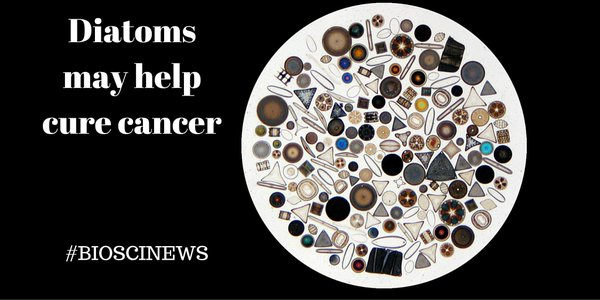Hello, and welcome to the #bioscinews round-up! This is the place where you can find all the important biosci new stories from the past week, in a short, digestible paragraph.
This week’s news
Farmers living near big cats may not need to worry about loss of livestock, so long as the local ecosystem is balanced. Wild big cats seem to prefer wild animals to farm animals, and will only hunt the latter if food is otherwise in short supply.
Researchers have been trialling the use of antibodies to treat Alzheimer’s in humans, but recent studies in mice question whether this is a feasible treatment. The author’s found that the antibodies break up the amyloid-beta plaques, the protein build-up that causes Alzheimer’s, but the release of this protein can over-stimulate neurons until they die.
Nanoparticles hold some hope for cancer treatments in the future, especially for individually tailored treatments, but these can be difficult and expensive to produce. Algae can be genetically modified to produce nanoparticles, and this can help reduce the production cost for potential future cancer treatments.
We hope you enjoyed this week’s news round-up, thanks for reading!
—
Devon Smith, The University of Sheffield, @devoncaira
Julie Blommaert, The University of Innsbruck, @jblommaert92









